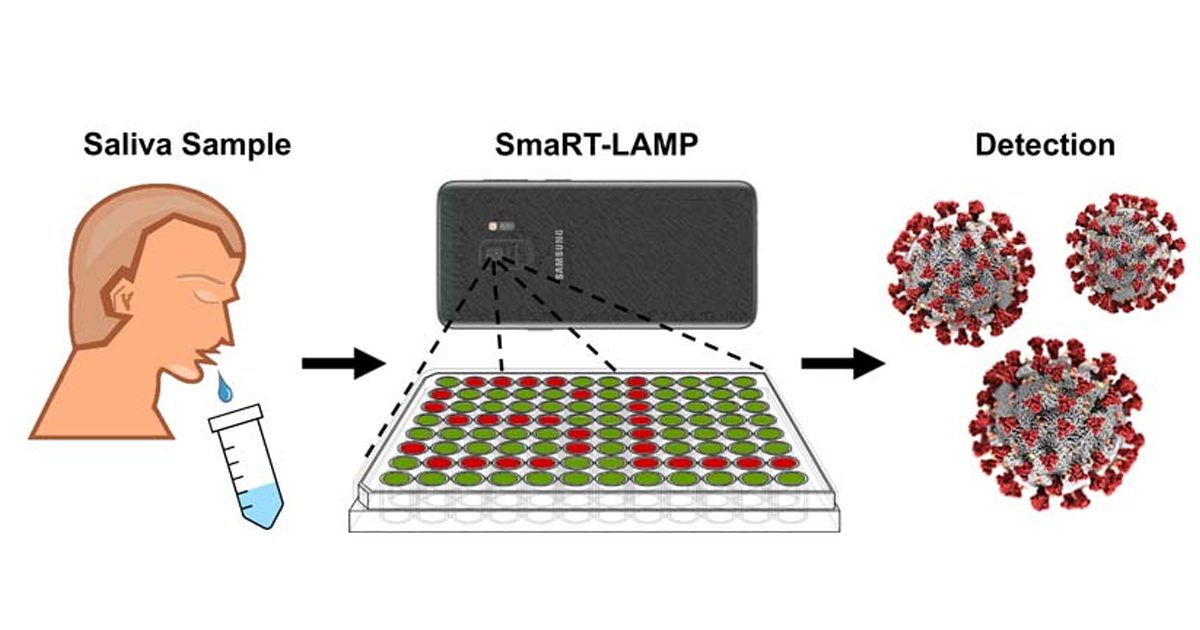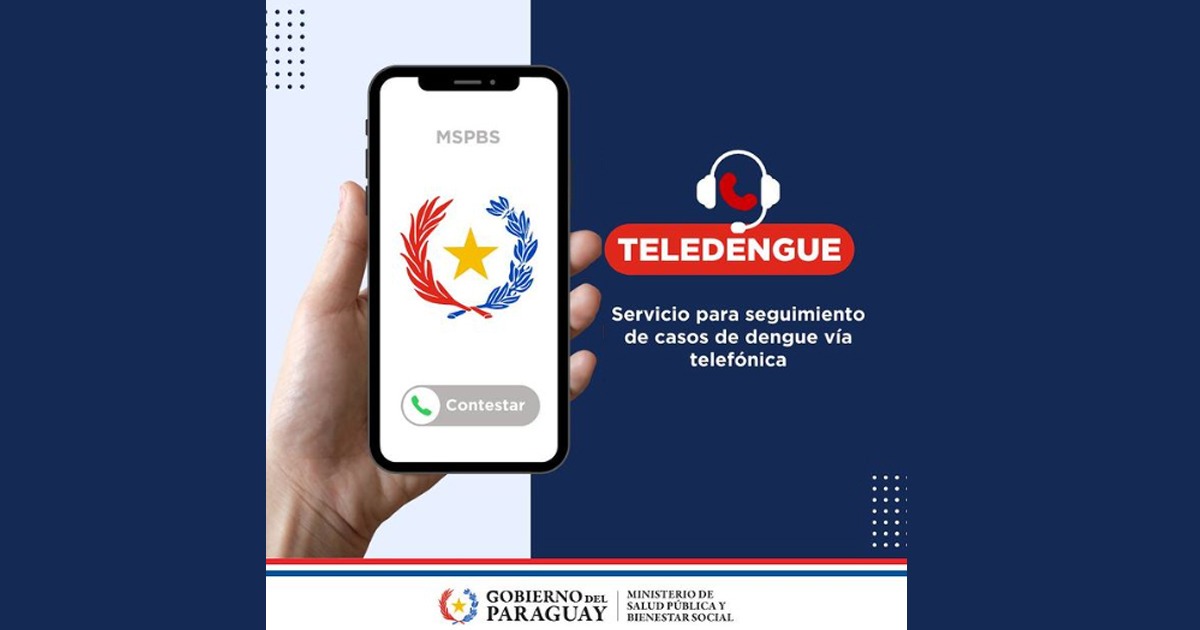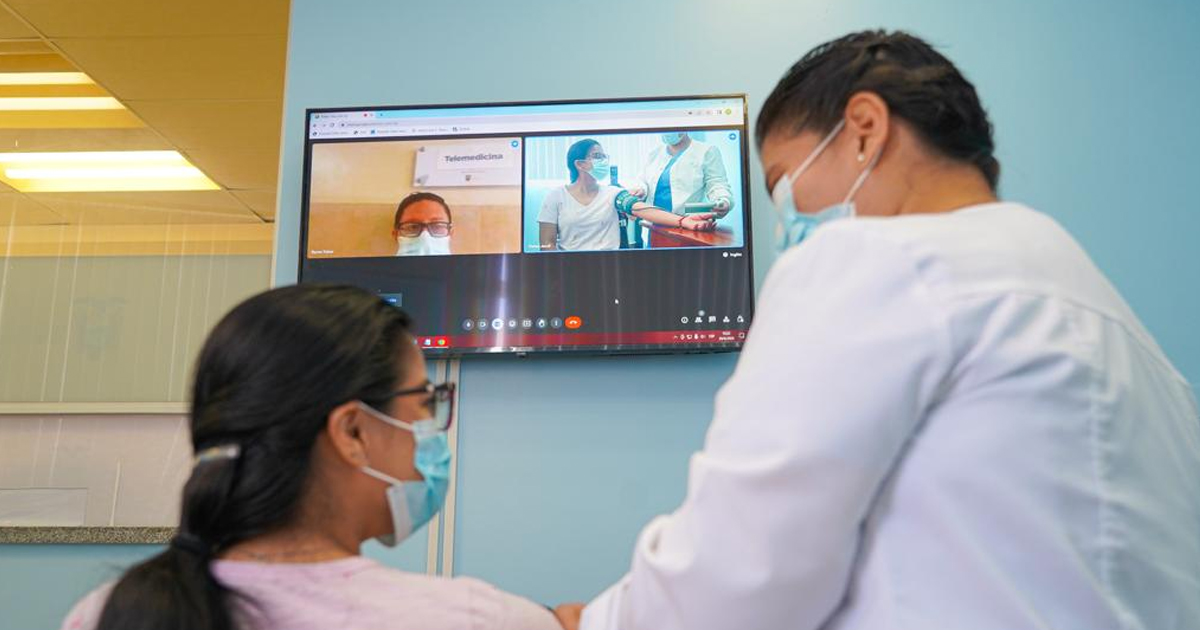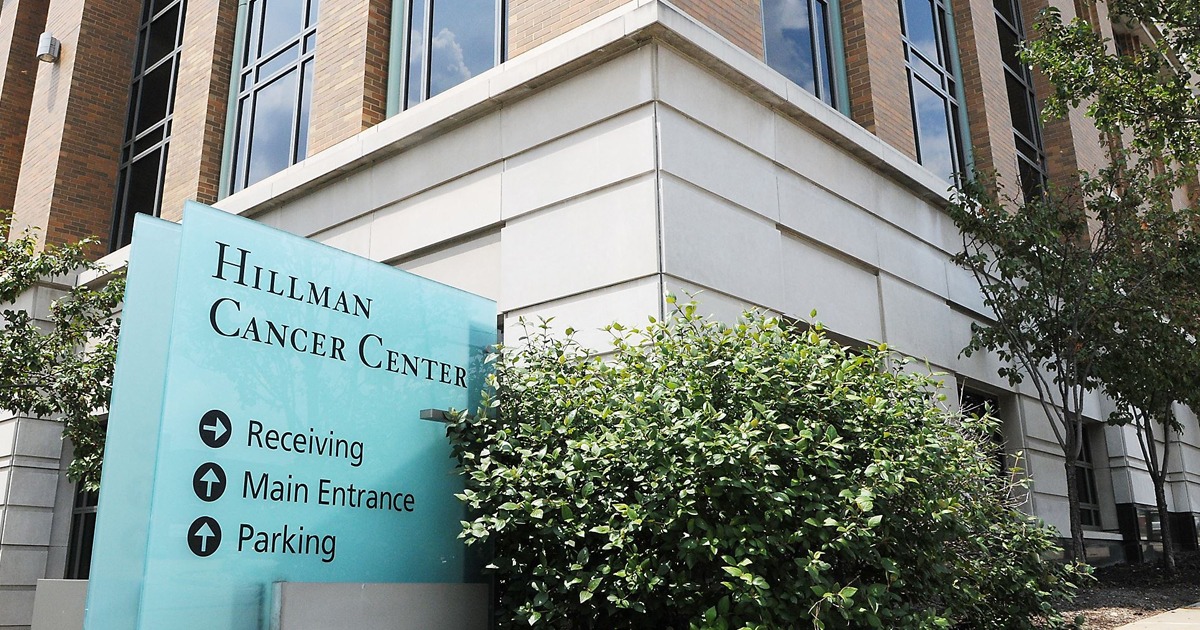The study shows an assessment of the effects of demographic and socio-economic factors on the perceived risk of the population to the risk posed by COVID-19, in the context of the closure of shops and mandatory lockdown. The results indicated a 65% reduction in mobility in France.
On 17 March this year, the French government implemented a blockade across the country to contain the rise in COVID-19 infections and prevent saturation in hospitals. The objective of this study available at The Lancet (https://www.thelancet.com/action/showPdf?pii=S2589-7500%2820%2930243-0) was to use mobile phone data to study the change in mobility in France before and during closing. The study showed results on travel distances, age, user residence, time of day when they remained at home or left. This data was also categorized by region.
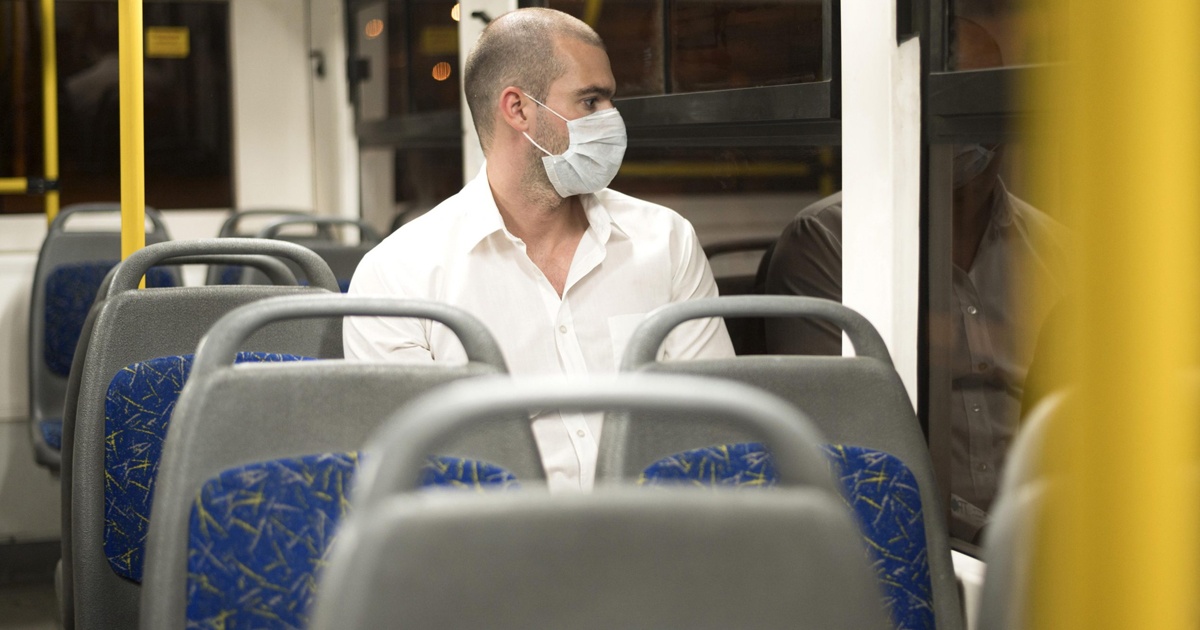
In France, the first response against COVID-19 occurred on 10 January, during Phase 1 imported cases were detected to track contacts. Phase 2 began on 29 February and social distancing interventions began. Phase 3 was declared on 14 March, when it was known with certainty that the virus was actively circulating in French territory.
The data used comprise origin-destination travel flows between more than 1,400 geographic areas of France. The age ranges used were, under 18 years of age, 18 to 64 years and 65 years of age or older. "Mobile phone registrations are one of the main sources of mobility data. They describe travel flows between different locations in a country. These flows can be analyzed over time to study population patterns without any information about individual users, safeguarding privacy," the authors mention in the article's content.
The study showed that during Phase 3 the measures of social distancing and closing activities had a positive effect. Travel per day was 60 million per day to just 20 million.
The study showed that each region behaved differently, as the most active age groups during the blockade resulted in less mobility reduction in regions where they account for the majority of the total population. Another important factor was associated with economic disparities between regions.
The study represents an opportunity to understand the factors that determined the change in mobility in France during the pandemic, despite the limitations that the authors recognize, the widespread use of mobile phones opens up the possibility of such studies. To access the full text go to the following link: https://www.thelancet.com/journals/landig/article/PIIS2589-7500(20)30243-0/fulltext

